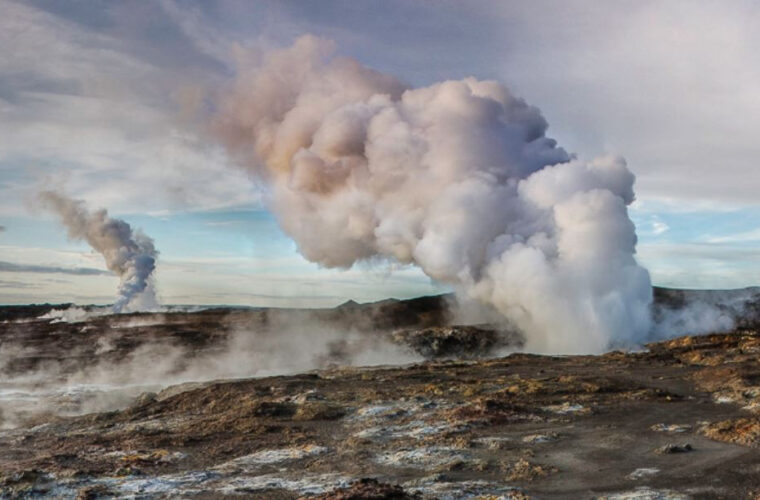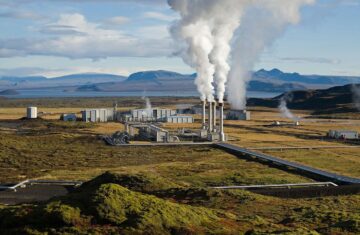Denver, Colorado — The Colorado Energy Office has announced a significant investment of $14.4 million in grants to bolster geothermal heating projects across the state. This funding is part of Governor Jared Polis’ ambitious “Heat Beneath Our Feet” initiative aimed at harnessing geothermal energy to reduce greenhouse gas emissions. The program was initially launched with $12 million in grants authorized by the General Assembly in 2022 under House Bill 22-1381.
As state policymakers increasingly explore geothermal energy in their decarbonization efforts, Colorado aims to transition swiftly away from fossil fuels. Currently, geothermal energy accounts for only 0.4% of electricity generation in the United States, despite the country being one of the largest producers globally. Nations like Iceland and the Philippines utilize geothermal energy at much higher per capita rates.
Supporters of the transition argue that it positions Colorado for a sustainable future, helping to reduce reliance on foreign oil. “The transition toward green energy is beneficial for the environment and public health,” they assert. However, critics caution that the rapid shift may overlook consumer protection, particularly for low-income residents facing rising costs due to inflation.
Recently, Colorado added nuclear energy to its list of “clean” sources, alongside wind, solar, and geothermal. This decision reflects a changing attitude among policymakers, recognizing that a diversified energy portfolio may be essential for achieving carbonization goals without compromising affordability.
At the 2023 Western Governors’ Association meeting in Boulder, Governor Polis highlighted Boise, Idaho’s extensive geothermal heating system, which provides geothermally heated water to over 6 million square feet of building space. “Geothermal energy offers Coloradans an opportunity to save money while utilizing clean energy,” said Eric Maruama, a spokesperson for Polis.
Colorado has several successful geothermal heating projects, including systems in Pagosa Springs and Colorado Mesa University in Grand Junction. Experts suggest that ground-source heat pumps, while more expensive than air-sourced systems, provide better efficiency, especially in colder climates. “Geothermal energy is a low-cost, clean energy option for Coloradans, and we are seeing increased demand for this type of energy,” said Josh Chetwynd, spokesperson for the Colorado Energy Office.

The City and County of Denver has received approximately $5 million to develop a pilot project aimed at transitioning 11 city-owned buildings to geothermal heating. “This project is a key step toward a carbon-free downtown Denver,” stated Liz Babcock, Executive Director of Denver’s Office of Climate Action, Sustainability and Resiliency.
The Liberty School District J-4 will also utilize its funding to install a geothermal energy network for two buildings, replacing an outdated hydronic heating system with three efficient heat pumps. This upgrade is expected to enhance indoor air quality and comfort for students and staff.
With this new funding, Colorado is poised to make significant strides in developing geothermal energy as a vital component of its renewable energy strategy. By investing in geothermal heating, the state not only aims to achieve its decarbonization goals but also to provide sustainable and affordable energy for its residents.



